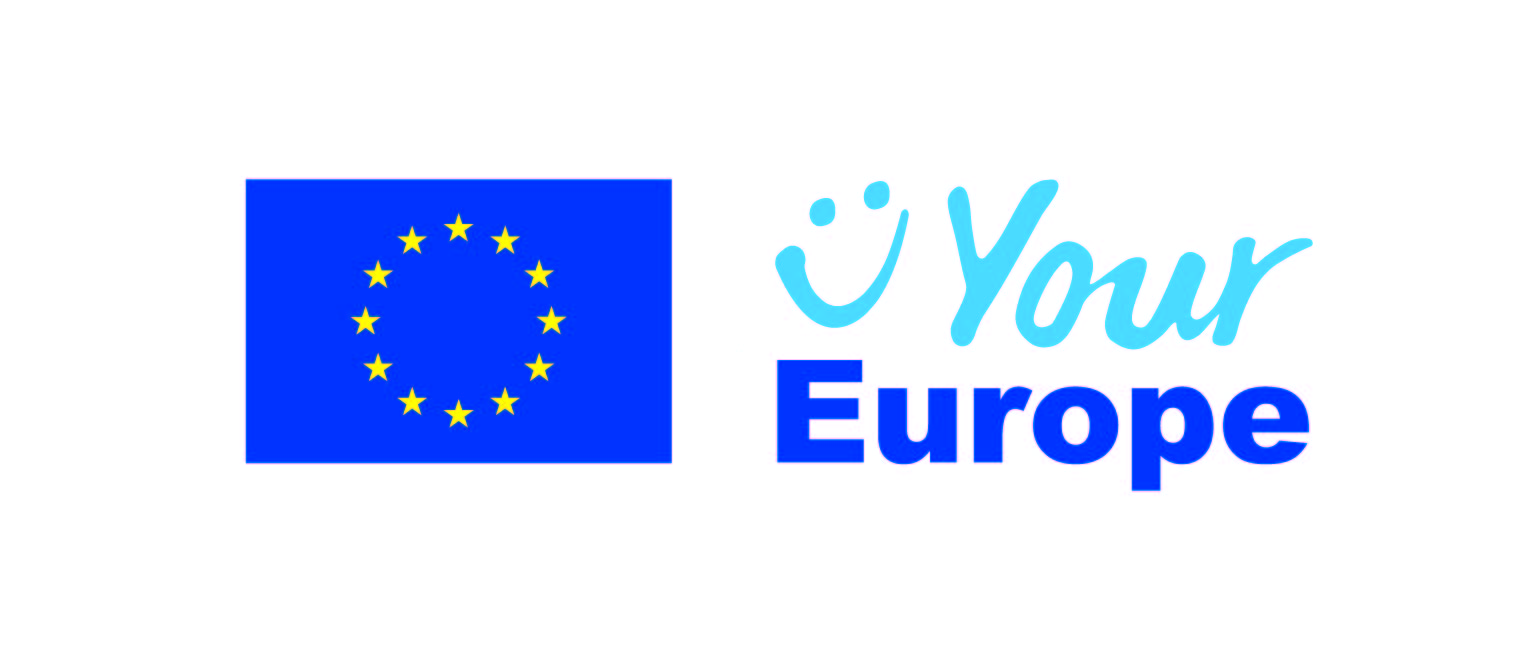- Standards >
- Notification and Registration Schemes >
- Product Contact Point
Welcome to the information page for the
Product Contact Point for Ireland.
The Product Contact Point (PCP) in Ireland is the National Standards Authority of Ireland. As the PCP in Ireland we facilitate, free of charge, economic operators and competent authorities in other Member States, in accessing information and advice provided by national competent authorities. The national competent and market survellience authorities provide information on the technical rules and requirements applicable to non-harmonised products in Ireland. Non-harmonised goods are goods that are not subject to common EU rules e.g. childcare products, jewellery, bicycles, shoes etc. If you are exporting a non-harmonised product to Ireland you will have to comply with the technical rules that apply to that product in Ireland. This resource can help you identify the competent authority (see list at bottom of the page) who will provide the information you need.
Download and read the Mutual Recognition Regulation (EU) 2019/515
Contact the PCP directly on pcp@nsai.ie
Submit your query online through the Product Contact Point Form
Information and advice provided through the PCP includes:
- The contact details of the Irish competent authorities (see list at bottom of the page) and how they may be contacted directly, including the particulars of the authorities responsible for supervising the implementation of the technical rules in question;
- The following information is provided by the Irish competent authority: The technical rules applicable to a specific type of product and information as to whether that type of product is subject to a requirement for prior authorisation under Irish laws (Irish Statute Book) together with information concerning the principle of mutual recognition and the application of this Regulation; and
- The remedies generally available (SOLVIT) in the event of a dispute between the competent authorities and an economic operator.
PCPs are also obliged to provide at the request of a business or a competent authority of another EU member country
- any useful information, such as electronic copies of, or online access to, the national technical rules and national administrative procedures applicable to specific goods, or goods of a specific type, in the territory in which the PCP is established
The PCP, in accordance with Article 10(2) shall respond within 15 working days of receiving any request.
A list of Product Contact Points in the Member States is available on the European Commission website.
Queries on construction products are dealt specifically by the Product Contact Point for Construction.
The purpose of the Mutual Recognition Regulation
The aim of this Regulation is to strengthen the functioning of the internal market by improving the free movement of goods. Mutual recognition ensures market access for products that are not subject to EU harmonisation. It guarantees that any product lawfully sold in one EU country can be sold in another. This is possible even if the product does not fully comply with the technical rules of the other country.
The Regulation lays down the rules and procedures to be followed by the competent authorities of a Member State when taking or intending to take a decision, as referred to in Article 2(1), which would hinder the free movement of a product lawfully marketed in another Member State and subject to Article 28 of the Treaty.
Since the 13th May 2009, competent authorities responsible for enforcing technical rules have to follow the procedures outlined in the Regulation when taking a decision to:
- prohibit the placing on the market of a particular product;
- require the modification or additional testing of a product before it can be placed on the market (e.g. in terms of quality, safety or labelling)
- withdraw a product already on the market – based on a national technical rule.
The regulation does not apply to:
- Most railway equipment
- Withdrawal of dangerous products under the General Products Safety Directive
- Withdrawal of food and feed in order to protect human health and requiring rapid action
- Emergency measures for food and feed
- Measures regarding non-compliance with EU food and feed law.
Declaration of mutual recognition
Do you already sell goods in one EU country and want to start selling them in another?
In principle, a product authorised for sale in one EU country is authorised for all EU countries. In practice, the authorities in another EU target country might ask for additional information before authorising you to sell your products. A mutual recognition declaration can help you provide that information.
- Learn more about the processes for declaration of mutual recognition.
- Download the mutual recognition declaration form for the purposes of Article 4 of Regulation (EU) 2019/515
Visit the European Commission - Single Market for Goods for more information about the Regulation (EC) 2019/515
Your Europe
Get practical guidance to doing business in Europe on Your Europe.
- Rate the Your Europe service by submitting Feedback on Quality
- Do you need help? Contact Assistance Services
- Tell us about your problem. Report on obstacles
The principle stems from Articles 34-36 of the Treaty on the Functioning of the European Union and is further defined in Regulation (EU) 2019/515 on the mutual recognition of goods lawfully marketed in another country. Regulation 2019/515 applies from 19 April 2020 and replaces Regulation (EC) No 764/2008. It defines the rights and obligations in relation to the mutual recognition principle for competent authorities and businesses when selling goods in another EU country.
The regulation outlines rules and procedures on the application of the mutual recognition principle in individual cases. It includes
- a well-defined assessment procedure to be followed by competent authorities when assessing goods
- obligatory elements to be included in an administrative decision that restricts or denies market access
- a voluntary ‘mutual recognition declaration’, which businesses can use to demonstrate that their products are lawfully marketed in another EU country
- a business-friendly problem solving procedure, based on SOLVIT, that includes the possibility of an assessment from the Commission on the compatibility of a decision restricting or denying market access with EU law
- stronger administrative cooperation to improve the application of the mutual recognition principle
- more information to businesses through reinforced 'product contact points' (see below) and the 'single digital gateway'
Downloads
- National Market Surveillance Authorities/ Competent Authorities in Ireland and the Relevant Legislation [2022]
- Ireland's National Market Surveillance Programme [2020]
Below is a selected list of Irish Competent Authorities, a link to their website and some of the products they are responsible for. Irish Competent Authorities may be contacted directly.
Competition and Consumer Protection Commission (CCPC)
- Toys
- Domestic electrical, electronic and gas appliances
- Personal protective equipment used by consumers for example, bicycle helmets, sunglasses, swimming armbands
Health & Safety Authority (HSA)
- Personal protective equipment used in the workplace for example hard hats
- Machinery used in the workplace
Health Products Regulatory Authority (HPRA)
- Medical Devices
- Cosmetics
- Pharmaceuticals
Commission for Communications Regulation (ComReg)
- Mobile Phones
Food Safety Authority of Ireland (FSAI)
- Food, supplements & food contact materials (FCM)
Department of Housing, Planning and Local Government (Dept of Housing)
- Housing (Construction)
Department of Business, Enterprise and Innovation (DBEI)
- Market Surveillance Authorities (MSA) in Ireland
- Product safety legislation by sector
SOLVIT is an informal problem-solving network created to solve problems that EU citizens or businesses are experiencing with the public administrations of EU Member States.
These problems must be associated with a denial of their Internal Market rights due to Internal Market law not being applied correctly.
Watch the following short video on 'How does SOLVIT work?'
Visit SOLVIT Ireland for more information and advice.
Download the Guidance document for the application of Regulation (EU) 2019/515 of the European Parliament and of the Council of 19 March 2019.
The purpose of this guidance document is to help businesses and national competent authorities to apply the Regulation3.
Training material for authorities
Download the application of the mutual recognition regulation to food supplements - available in all official languages. This training material complements the guidance document for the application of Regulation (EU) 2019/5151. It is intended for inspectors and other officials of the national authorities who assess food supplements. The training material contains answers to questions on the application of Regulation (EU) 2019/515.

